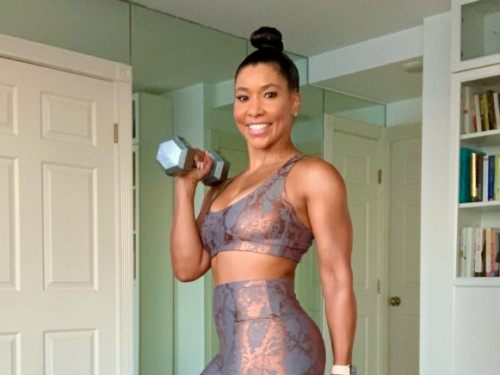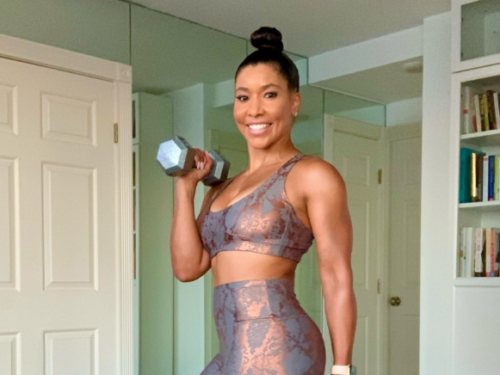Be Aware of What You Eat
When you’re grocery shopping, read the labels and apply the knowledge that you have gained. Make wise food choices. Compare brands and try to shop at organic grocery stores like “Wild Oats,” “Whole Foods” or the local grocery store that gives you organic food options. When you choose your food, you’re looking for high fiber (at least 3-5 grams per serving), essential fats (omega-6, omega-3), low-fat, low sugar/light (less than 13grams of sugar per serving), lean cuts of meat, unprocessed food, and wholesome foods as close to their natural state as possible for best nutritional value.
Once you educate yourself on what makes up the food you’re eating, you’ll always have that knowledge. Don’t be lazy when it comes to what you put in your body. The statement “you are what you eat” has a lot of truth to it.
There’s a lot of information about nutrition—some of it will shock you, some might turn you into a vegetarian and some of it will reassure you and let you know you’re making the right choices. I can’t stress to you enough the importance of limiting the amount of processed food you eat because that’s where nutritional mistakes begin. When food is grown naturally (organic, rich organic soil, no genetic engineering or harmful pesticides) and comes out of the earth, there is virtually nothing wrong with it. Then humans get their hands on it and spray it with pesticides and herbicides, change its biological structure to give it a longer shelf life—add salt to preserve it, sugar to make it sweet, and fat to make it taste good—and that’s when we’re in trouble. There are some chemicals that we consume in processed foods that our bodies don’t even know how to break down. Therefore, I urge you to grab an orange or handful of walnuts for your next snack and eat processed food only in moderation. Finally, use this information as a reference guide—you’re on your way to feeling and looking great from the inside out.










